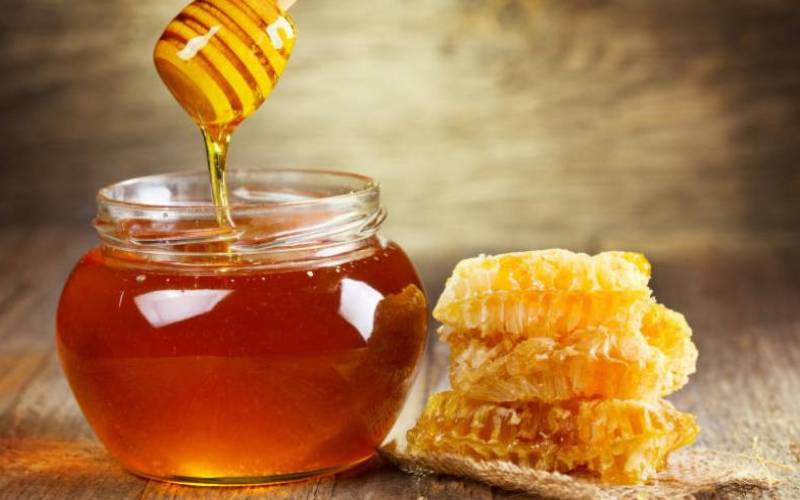×
The Standard e-Paper
Home To Bold Columnists
By Benson Kathuri
It all began with the banks in US. Then house prices for the world’s largest economy began to tumble. In the months that followed, the shock waves spread, engulfing first high streets, then factories – and thousands of jobs. Europe’s relatively stable economies were also not spared from the fast spreading crisis.







